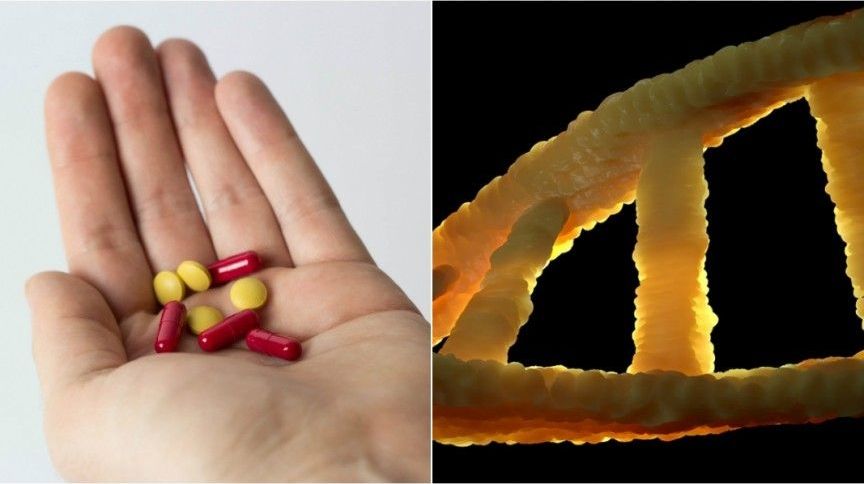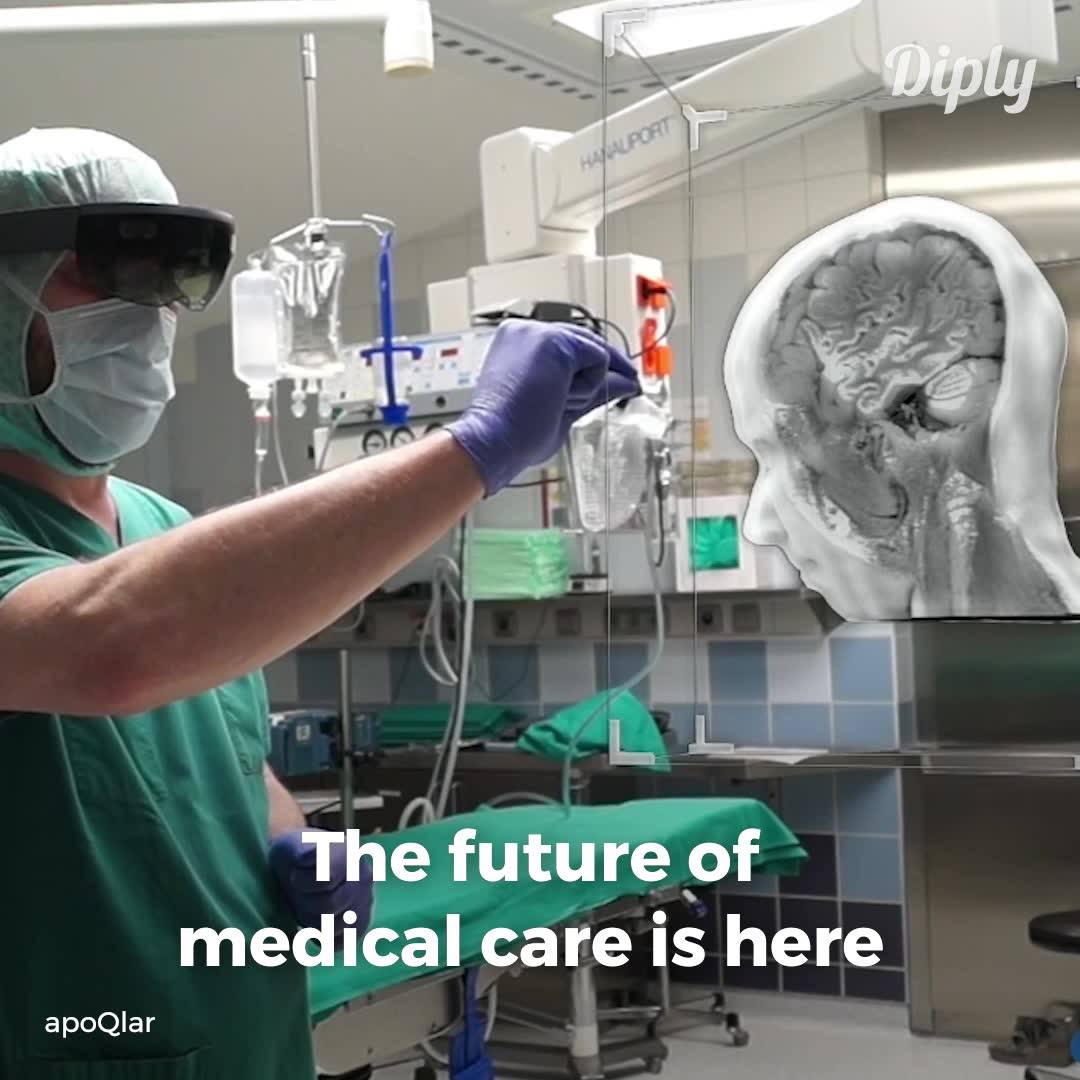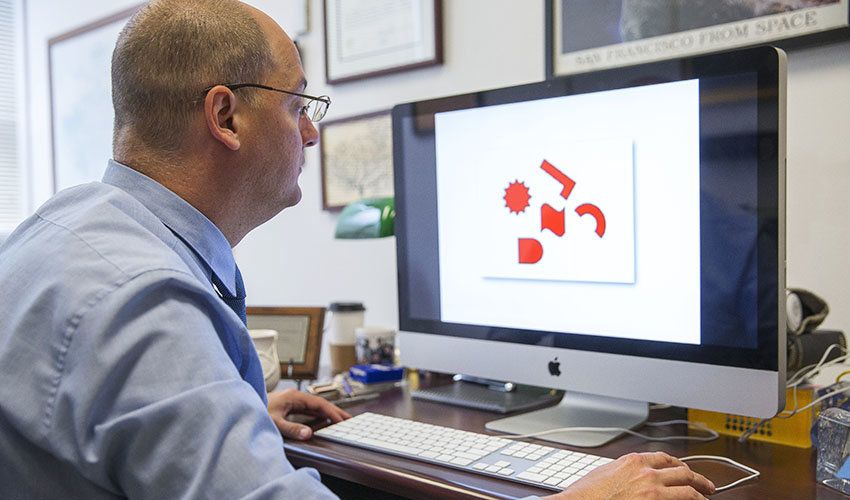Jul 24, 2018
Artificial Intelligence Shows Why Atheism Is Unpopular
Posted by Steve Nichols in categories: biotech/medical, robotics/AI
Title is a bit misleading — atheism is only unpolular with totalitarian regimes (and Templeton Foundation?) — interesting.
Although Johnson said he found the team’s research useful and important, he was unimpressed by their claim to have outperformed previous predictive methods. “Linear regression analysis is not very powerful for prediction,” he said. “I was a little surprised by the strength of their claims.” He cautioned that we should be skeptical about the word prediction in relation to this type of model. Opinion might be better.
“It’s great to have as a tool,” he said. “It’s like, you go to the doctor, they give an opinion. It’s always an opinion, we never say a doctor’s prediction. Usually, we go with the doctor’s opinion because they’ve seen many cases like this, many humans who come in with the same thing. It’s even more of an opinion with these types of models, because they haven’t necessarily seen many cases just like it—history mimics the past but doesn’t exactly repeat it.”
Continue reading “Artificial Intelligence Shows Why Atheism Is Unpopular” »

















